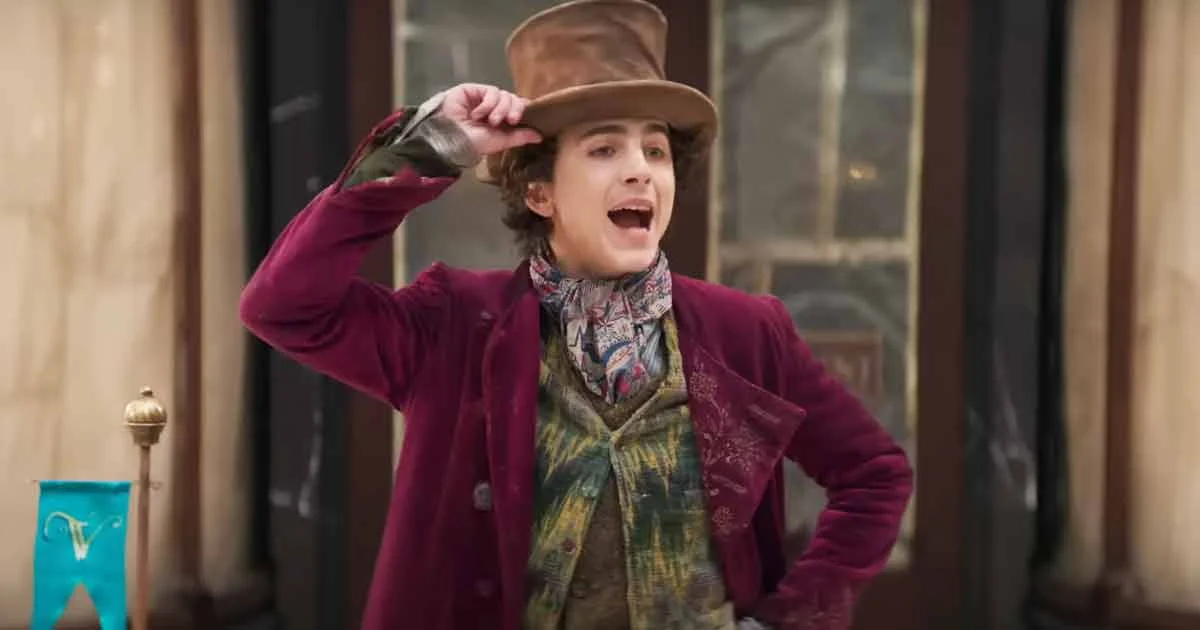As anticipation grows for Warner Bros.’ upcoming film “Wonka,” starring Timothée Chalamet as the iconic candymaker, the movie has become embroiled in a casting controversy that has raised important questions about representation in the entertainment industry. The decision to cast Hugh Grant as an Oompa Loompa has drawn criticism from actors and advocates who argue that opportunities for actors with dwarfism are severely limited and call for more inclusive representation.
George Coppen, a talented 26-year-old actor with dwarfism, known for his roles in Disney+’s Willow series and Netflix’s The School for Good and Evil, recently shared his concerns in an interview with the BBC. He expressed his disappointment, stating that actors with dwarfism feel marginalized in an industry they love. Coppen emphasized the need for greater opportunities, urging for roles in dramas and soaps that go beyond typecasting.
The portrayal of Hugh Grant’s character, the Oompa Loompa, has further fueled the controversy. Coppen questioned the use of visual effects that exaggerated the character’s appearance, leaving him disheartened by the portrayal. This discussion raises critical questions about respectful representation and the responsibility of filmmakers to approach characters with specific physical characteristics thoughtfully.
Paul King’s “Wonka” takes audiences on a journey as a prequel to the cherished 1971 film “Willy Wonka and the Chocolate Factory,” which draws inspiration from Roald Dahl’s classic 1964 novel, “Charlie and the Chocolate Factory.” The film’s recently unveiled trailer has elicited excitement from eager fans, yet the casting controversy surrounding the movie sheds light on the persisting issues of diversity and inclusion within the film industry.
Despite the backlash, “Wonka” boasts an impressive ensemble cast, featuring Keegan-Michael Key, Matt Lucas, Sally Hawkins, Rowan Atkinson, and Olivia Colman, among others. The film’s release is eagerly anticipated, but the casting discussion serves as a reminder that the industry must strive for equitable representation and fair opportunities for all actors.
As discussions surrounding “Wonka” continue, it becomes evident that the film industry faces a crucial juncture, requiring reflection on how to better promote inclusive representation and respectful portrayals. The voices of advocates like George Coppen bring much-needed attention to the importance of fostering diversity and authenticity onscreen. By addressing these concerns, the film industry can take meaningful steps toward creating a more inclusive and equitable cinematic landscape.




